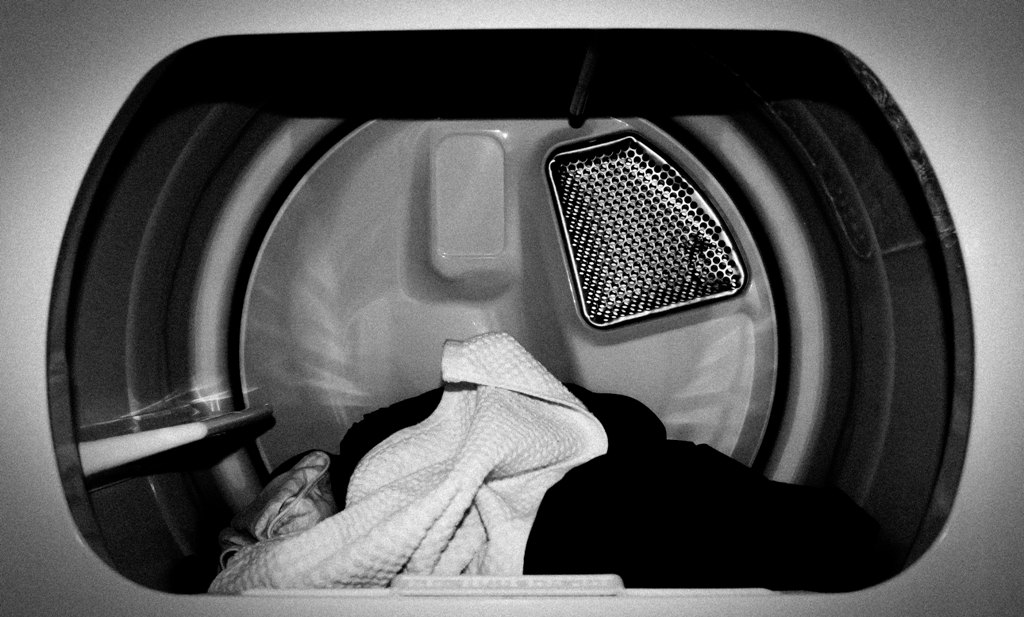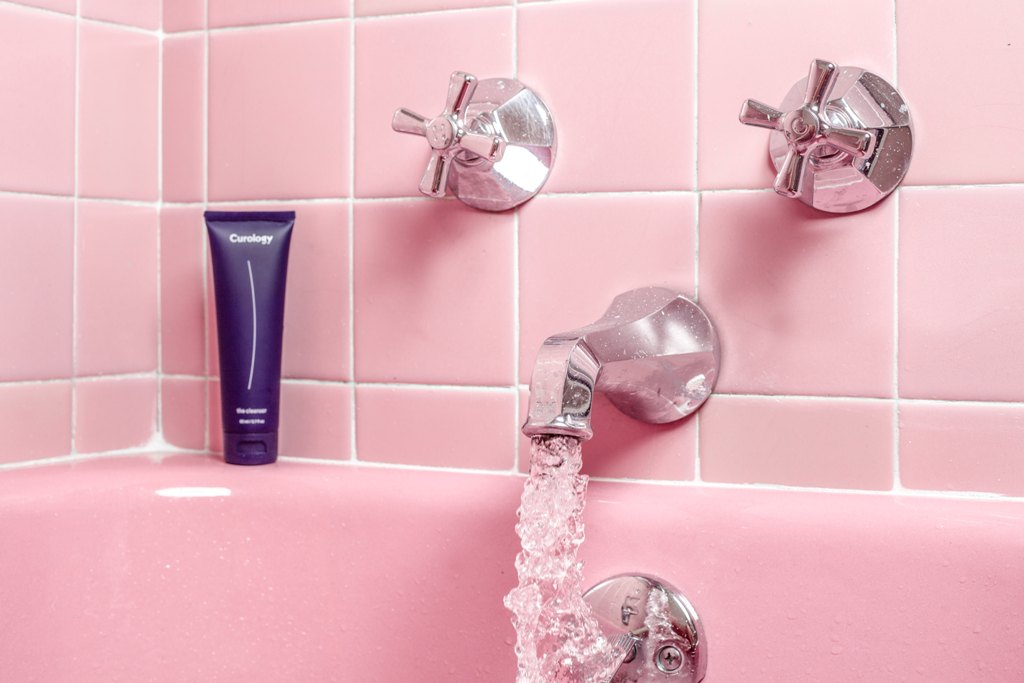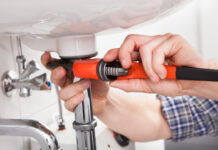When you’re on a tight budget, you tend to put off things that aren’t creating an immediate emergency. Relatively small maintenance tasks may be easy to reschedule, thinking you’ll do it as soon as you have a little extra time or money. However, you may be creating an even bigger problem for yourself by foregoing home maintenance tasks. Little problems can quickly become expensive emergency problems.
Here are six home maintenance steps you can’t skip.
1. Addressing the cause of the water in your basement.
Water in your basement can lead to structural damage, as well as mold and other hazards caused by water. Anything living in your basement will be subjected to water damage. Although sometimes freak accidents lead to water in your basement, there may be a persistent cause that leads to water in your basement regularly. When this happens, you need to know who to call when the basement is flooded. Companies like Basement Guides can help you figure out why you’re having basement flooding issues and teach you how to address them.
2. Fixing small roof leaks.
Even a small roof leak can lead to significant damage to your house and it should never be ignored for any length of time. Depending on where you live, you can call a company to come to inspect your roof, assess the damage, and get it fixed right away. Even if you have to wait for a bit, you can get the damage accessed and possibly get a temporary fix until they can come back for the final repair. For example, Metro City Roofing is a premier Denver roofers, and they work with residential clients all the time to handle both planned and emergency jobs. They will provide the information you need to go through your homeowner’s insurance, and they will discuss payment options if needed.
3. Changing the furnace and air conditioning filter.
If you have a furnace and central air system, there is a filter in there that is designed to catch all of the dust and animal hair that is floating around your house. Those filters need to be changed regularly. Depending on the type of filter you buy, you may need to change them once a month. When the filter is cleaned regularly, the furnace and central air will run more efficiently, saving you a significant amount of money on your utility bills.
4. Cleaning out the dryer vent and lint trap
The lint trap is the metal screen that can be pulled out of your dryer and works to collect all of the lint that comes off your clothes while you dry them. The dryer vent is the vent that leads from your dryer to the outside of the house. Lint that makes it past the lint trap can end up in the dryer vent. Both of these can become a fire hazard if they become filled with lint. Additionally, if they are not cleaned out, they will cause the dryer to run inefficiently, which will mean running it more to get your clothes dried. Running the dryer more times for each load will increase your energy bills.
5. Draining the hot water tank.
As your hot water tank ages, sediment can build up in the bottom, causing the tank problems while also tainting the water. Draining the hot water tank and allowing it to refill will clean out the sediment and lengthen the lifespan of your hot water tank. While this may seem like a minor maintenance issue, it’ll save you a great deal of money in the long-run as you will get more life out of your tank.
6. Resealing doors and windows
While you may get away with not replacing old doors and windows, it’s vital to reseal doors and windows as needed each year. Without good seals, you will lose a significant amount of energy through the doors and windows, which will make your heating and cooling bills skyrocket over the course of the year.
























